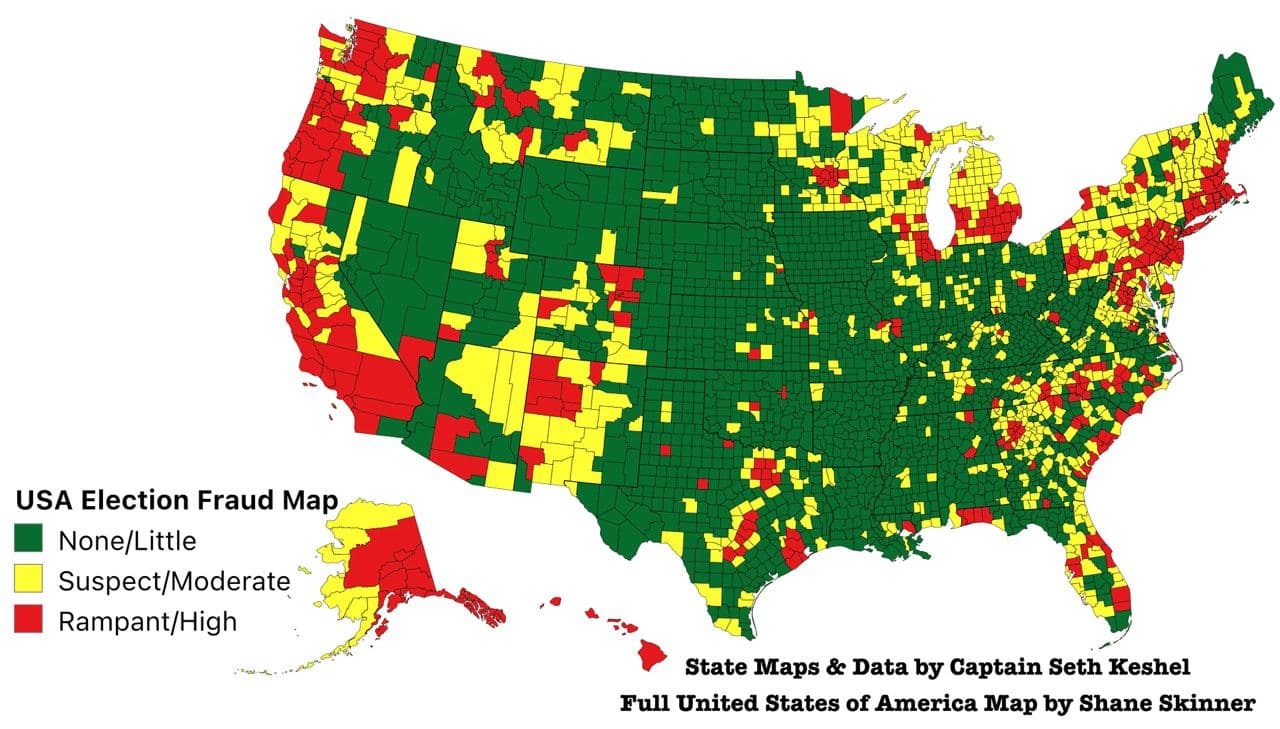By the end of the first century, the canon or the Bible was complete (John writing the book of Revelation in A.D. 95-96). By the end of the second century, the early church fathers had quoted from all of the New Testament books. The Muratorian Fragment (A.D. 150-170) listed all the New Testament books, except for Matthew, Mark, Hebrews, James, 1-2 Peter and 3 John.
The document is called a fragment because portions of the document have been torn off. The well known biblical scholar Westcott states that the missing books were probably included initially because the document is torn where they should have been listed. The Bible had already been established.
In the years that followed, the authority of certain books was challenged. Church councils were convened to review and verify the contents of our Bible. The Council of Carthage (A.D. 397) is usually pointed to as the council which finally put the debates to rest.
But unfortunately there will always be men who will challenge the authority of various books in the Bible.
In other words, the bible and sound Christian doctrines are easily determined today and are rock solid. Don't let anyone tell you differently.
